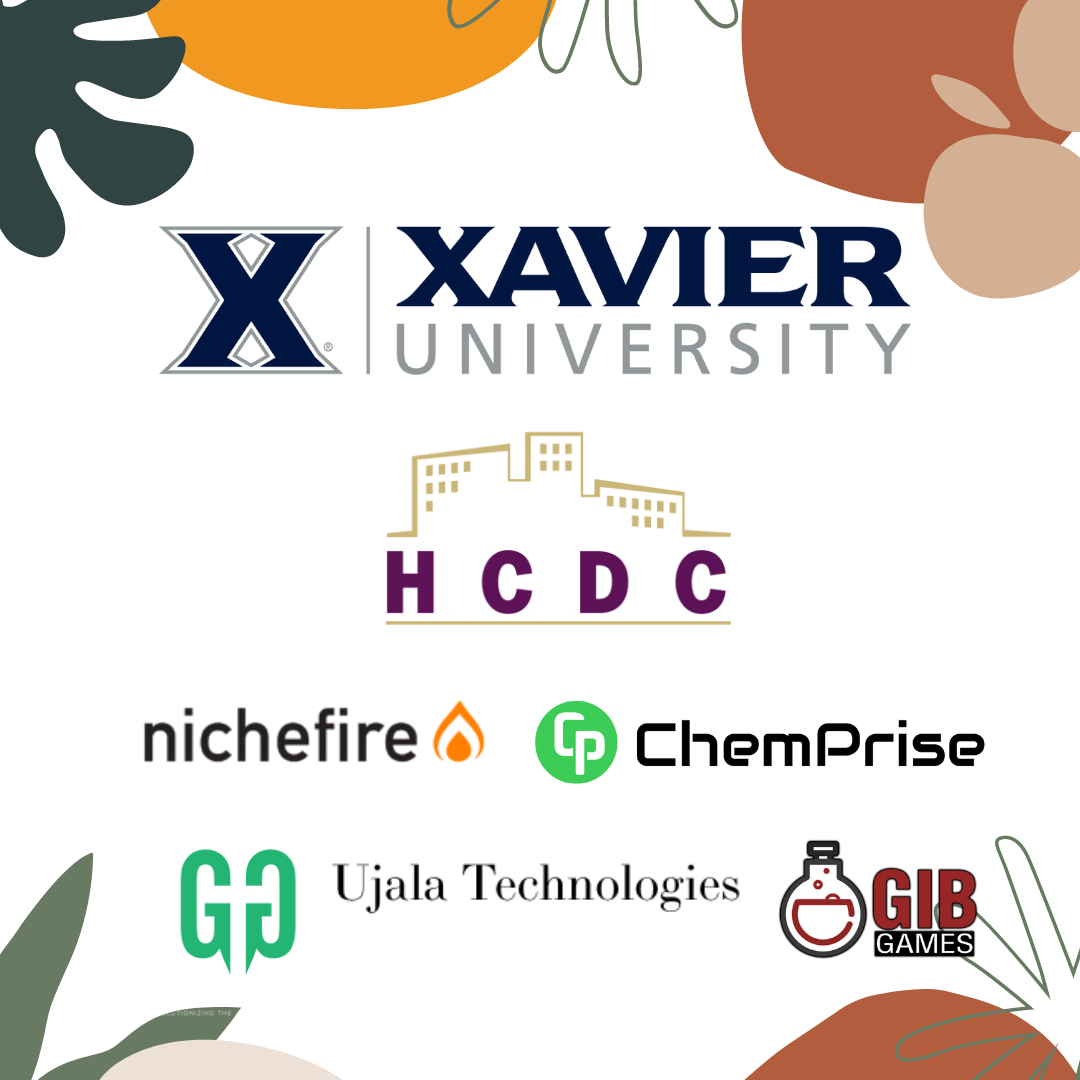ENTR-311: New Venture Planning

Faculty: Saurav Pathak, Ph.D.
Partner: Hamilton County Business Center (HCBC)
Dr. Saurav Pathak does not use textbooks in his New Venture Planning course; rather, he relies completely on the experience of his partner outside of the classroom to inform the lecture and lessons.
Pathak’s partner, the Hamilton County Business Center (HCBC), helps build businesses and promote job creation through business incubation, business lending, and economic development services. Students are actively involved in the business incubation process and paired up with up and coming startups to expose them to the process of launching a business through coaching, programming, and connections.
“By bringing real life startup cases in my class, that would have been incubated by HCBC anyway, was how I can introduce my students to a bigger part of the community that deals around the idea of social economic progress of creating startups and providing jobs,” Pathak notes.
Pathak’s students engage with several different startups within HCBC including, Nichefire, ChemPrise, Ujala Technologies, and GIB Games.
The class meets on Tuesdays and Thursdays, but lectures only occur on Tuesday. Whatever is learned, including this challenge to prove the professor wrong—especially if the lesson learned in class did not work with the student’s startup—is discussed on Thursday.
In addition to working with their partnered startup, students are expected to attend and observe Morning Mentoring sessions which are facilitated by HCBC. Morning Mentoring serves as a coaching program that matches startups with experienced entrepreneurs and other successful business professionals. After spending half of the semester working with their startup, Pathak’s students will reconvene at HCBC and each startup will pitch a problem to their group of students.
“Having a live problem to solve is really cool, and a big aspect of entrepreneurship,” senior Ben Alegre said. “You have a problem and you are serving up innovative solutions that provide value for people.’
Pathak’s class provides hands-on, real world experiences for students to engage with the challenges of entrepreneurship; all while learning and being supported within a class structure.
“I do not shy away from the number of experiential learning opportunities that I can create,” Pathak notes. “If students are helping startups that are incubated at different life stages these entities are also getting help during a time they may not be able to afford full time employees, creating a mutual relationship,” Pathak adds.